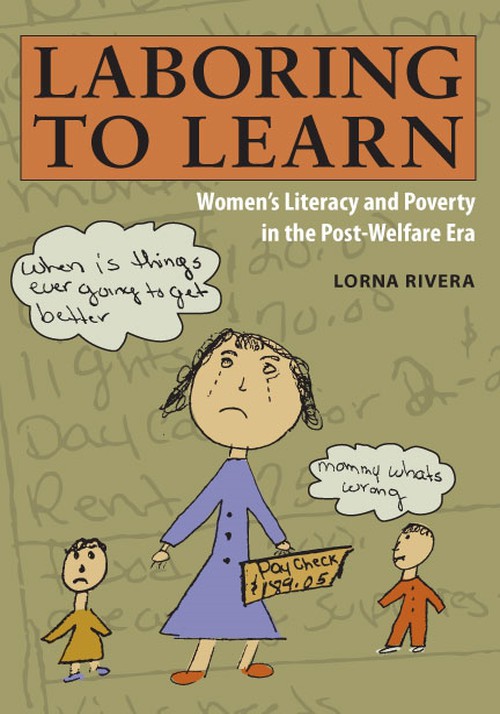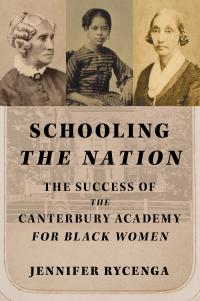
Laboring to Learn
Cloth: 09/15/2008
About the Book
The American adult education system has become an alternative for school dropouts, with some state welfare policies requiring teen mothers and women without high school diplomas to participate in adult education programs to receive aid. Currently, low-income women of color are more likely to be enrolled in the lowest levels of adult basic education. Very little has been published about women's experiences in these mandatory programs and whether the programs reproduce the conditions that forced women to drop out in the first place.
Lorna Rivera bridges the gap with this important study, the product of ten years' active ethnographic research with formerly homeless women who participated in adult literacy education classes before and after welfare reform. She draws on rich interviews with organizers and participants in the Adult Learners Program at Project Hope, a women's shelter and community development organization in Boston's Dudley neighborhood, one of the poorest in the city.
Analyzing the web of ideological contradictions regarding "work first" welfare reform policies, Rivera argues that poverty is produced and reproduced when women with low literacy skills are pushed into welfare-to-work programs and denied education. She examines how various discourses about individual choice and self-sufficiency shape the purposes of literacy, how low-income women express a sense of personal responsibility for being poor, and how neoliberal ideologies and practices compromise the goals of critical literacy programs. Throughout this study, the voices and experiences of formerly homeless women challenge cultural stereotypes about poor women, showing in personal and structural terms how social and economic forces shape and restrict opportunities for low-income women of color.
About the Author
Lorna Rivera is an associate professor of sociology and community studies in the College of Public and Community Service at the University of Massachusetts, Boston.Reviews
"A vivid, intimate, and sympathetic portrayal of the hardships that the Project Hope women face in attempting to secure affordable housing, in coordinating their child care and their commutes to and from suburban shelters with rigid schedules, and in living with the memory or the present reality of domestic and sexual abuse. . . . A rare window into the street-level practices of adult literacy education--American Journal of Sociology"A masterful study documenting the punitive outcome welfare reform has had on low-income women."--Adult Education Quarterly
"A model of ethnographic research. This study makes clear the necessity for individual empowerment, community involvement, and improvement in the social welfare system."--The Journal of African American History
Blurbs
“Given the increasing gap between the rich and the poor in the U.S., there is a desperate need for the kind of scholarship that Laboring to Learn contributes to the field. There is no other text that I have encountered that so forthrightly and effectively engages the literature on adult education, the political economy of poverty, and questions of public policy.”--Antonia Darder, author of Reinventing Paulo Freire: A Pedagogy of Love
"A significant contribution to the existing literature on education and social change, Laboring to Learn challenges the guiding assumptions of 'welfare reform' by documenting the conditions of poverty, the barriers that welfare reform has created, and the strong motivations of women to learn and succeed."--Kathleen Weiler, author of Feminist Engagements: Reading, Resisting, and Revisioning Male Theorists in Education and Cultural Studies






